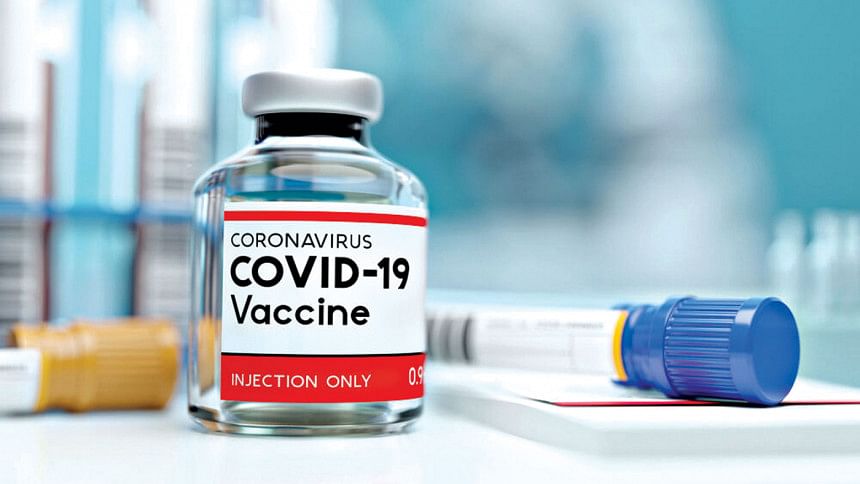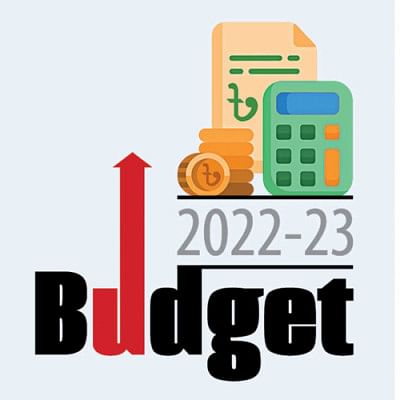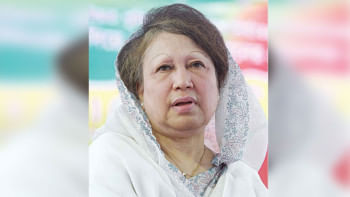Block allocations: Focus shifts to war fallout from jabs


The government is not keeping a separate allocation for vaccines in the next fiscal year's budget as it pulls back from vaccine procurement given the high inoculation rate and low infection rates.
In the past two fiscal years, Tk 10,000 crore was earmarked in the budget for vaccine procurement. There would not be any such allocation in the upcoming fiscal year's budget, which will be unveiled in the parliament on June 9.
Bangladesh has targeted to inoculate 70 percent of the population with two doses of the Covid-19 vaccine in line with the World Health Organisation's target.
As of June 2, 69.03 percent of the population have received double doses, according to data from the Directorate General of Health Services. Of those who have received the full dose, 12.79 percent have received the booster dose.
Besides, Bangladesh has managed to more or less flatten the curve on coronavirus cases: despite the economy fully reopening, the caseload has remained in double digits for months now, with the odd death here and there from Covid-19.
"We are expecting the situation to stay this way, so there is no need to buy more vaccines," said a finance ministry official involved with the proceedings.
There are enough doses in stock to get through the booster dose campaign.
"But the enthusiasm to get booster shots has been lukewarm. So we won't be purchasing vaccines afresh," he said, adding that if the need arises, funds can be managed from the revised budget for the next fiscal year.
Even from this fiscal year's allocation of Tk 10,000 crore for vaccines, Tk 6,500 crore could be spent. But even then, that amount would be retroactively adjusted with a $500 million World Bank loan.
Of the $500 million, $400 million would go towards the 6.8 crore doses of vaccines procured from the Serum Institute of India and China's Sinopharm.
"The expenditure on the vaccine will be adjusted as a retrospective cost. As a result, the allotment will remain undisbursed," the official said.
The government though will be keeping a block allocation of Tk 5,000 crore, as in this year, to provide assistance to the poor to soften the blow of inflation arising out of the Russia-Ukraine war on them.
The amount might be disbursed in cash or in kind, the finance ministry official added.
Inflation is having an outsize impact on the poor, said Zaid Bakht, a former research director of the Bangladesh Institute of Development Studies.
"For the low-income people, the cost of living is a very stressful situation. The government should help them as much as possible. And Tk 5,000 crore is not enough to help the poor."
But having an allocation to safeguard the poor from inflationary shocks is a step in the right direction, said Bakht, who is currently the chairman of Agrani Bank.
Keeping a separate allocation for vaccine procurement is not too necessary.
"After giving the booster dose to one crore people, it seems that the risk factors will be diluted and the necessity of the vaccination will be decreased also. But we need a backup plan and keep an eye on the new covid variants," he added.


 For all latest news, follow The Daily Star's Google News channel.
For all latest news, follow The Daily Star's Google News channel. 



Comments